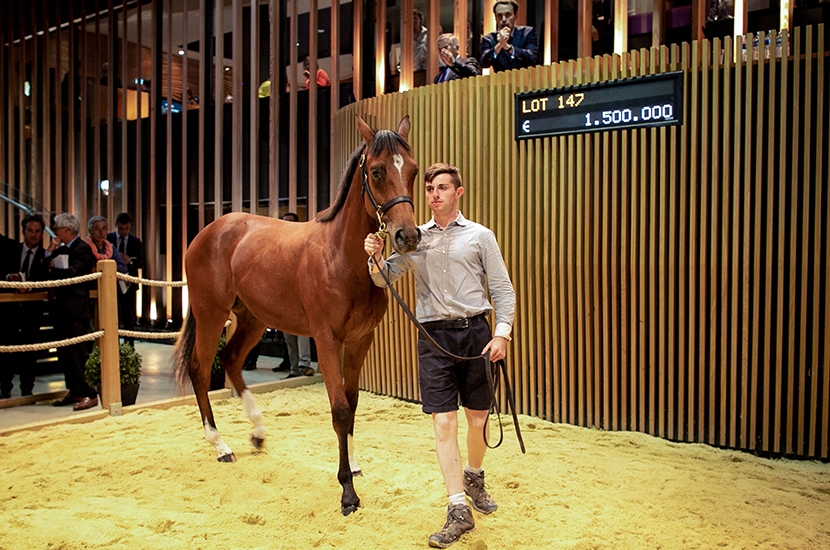At least England’s defeat in the European Cup final has spared us the sight of Boris Johnson, who can scent a photo opportunity at 4,000 yards over the horizon, indulging in any more embarrassing antics in a No. 10 football shirt.
Not that he is the only prime minister to have sought to ingratiate himself with football-followers. As BBC political editor in Tony Blair’s time, I learned that the government was thinking of supporting a World Cup bid and fixed an interview with sports minister Tony Banks. Later, to gauge just how much government commitment there was, I spoke to Alastair Campbell in Downing Street. That night Banks called me: ‘What the hell have you done? We’ve both been summoned to No. 10 tomorrow morning.’ On arrival we were ushered to the Downing Street garden where Banks was joined by two Football Association bigwigs and a prime minister as pumped up as the two footballs that were bouncing on the flagstones with his supposed enthusiasm for the project.
That bid came to nothing and we can be sure that after the riotous behaviour at Wembley and the racist taunts on social media against England’s unsuccessful penalty takers no world footballing authority is going to consider England as a potential future venue for a good few years to come.
Racing folk though should not be too sanctimonious about the social media filth endured by footballers. Like England’s penalty takers, jockeys have to make split-second judgments under massive pressure. They have to decide in an instant when to make a maximum effort, which leading horse to shadow or avoid. While travelling at speed and contesting space they have to decide whether to stick on the rail to save distance and risk being pocketed or whether to go for a gap which fleetingly opens up and which may close again like a rat-trap.
They compete in a highly individual sport without the comfort of a team culture around them when things go wrong and when they do go wrong the social media trolls are merciless in their accusations of incompetence and dishonesty. If a jockey loses a few races on well-backed favourites they lose no time in labelling him as bent. Idiots who have lost a few quid on a race take it out on riders with savage abuse, sending messages like ‘I hope you die of cancer.’ There was huge support recently for trainer Jamie Osborne when he demanded action after daughter Saffie, a highly capable and much in demand apprentice rider, received a particularly vile message. ‘This wasn’t a guy saying I don’t like the way you ride — it’s threats of rape and death,’ he said. Jamie and other leading figures want more prosecutions of the individuals sending such messages and their banning from all platforms. They must be heard because jockey confidence is a very fragile thing: there have been too many cases lately of depression and suicide in what can be a very lonely sport.
Horses may get labelled as villains too by the laptop critics but fortunately they can’t read. One who never earned anything but praise was the great Galileo, who died two weeks ago at the age of 23. It was not just the ease with which the bay with the white arrow mark down his nose won the 2001 Derby and followed up with the Irish version and the King George VI and Queen Elizabeth Stakes. It was not just the sheer perfection of his handsome frame or the athleticism obvious even at walking pace. The great breeder Federico Tesio used to insist that ‘a horse gallops with his lungs, perseveres with his heart and wins with his character’ and Galileo proved to be the greatest sire we have ever seen by transmitting that character to a record number of top-class horses.
When Galileo’s daddy, Sadler’s Wells, retired from stud duties as 14 times champion sire nobody expected his record ever to be surpassed but Galileo has already been champion sire a dozen times and has three crops to come. Nobody has equalled Galileo’s record already of 91 Group or Grade One winners and we will still be counting for some time. Apart from siring Frankel, unbeaten in 14 races and now a top baby-maker himself, Galileo has produced five winners of the Derby: New Approach, Australia, Ruler of The World, Anthony Van Dyck and Serpentine.
But Galileo hasn’t just produced briefly flashing stars: his sons and daughters have proved durable. Julian Muscat has pointed out that of his top 14 runners by official ratings only one, Australia, made fewer than ten starts. What Tesio would have liked is that as well as durability Galileo’s progeny seem imbued with a willingness to fight and win. Seamie Heffernan, who rode Galileo in most of his work before Mick Kinane took over on the racecourse, put it beautifully: ‘Most horses would run through a brick wall the first time you ask them to do it but they wouldn’t go back a second time. A Galileo would. You wouldn’t find a Galileo waving a white flag.’





Comments